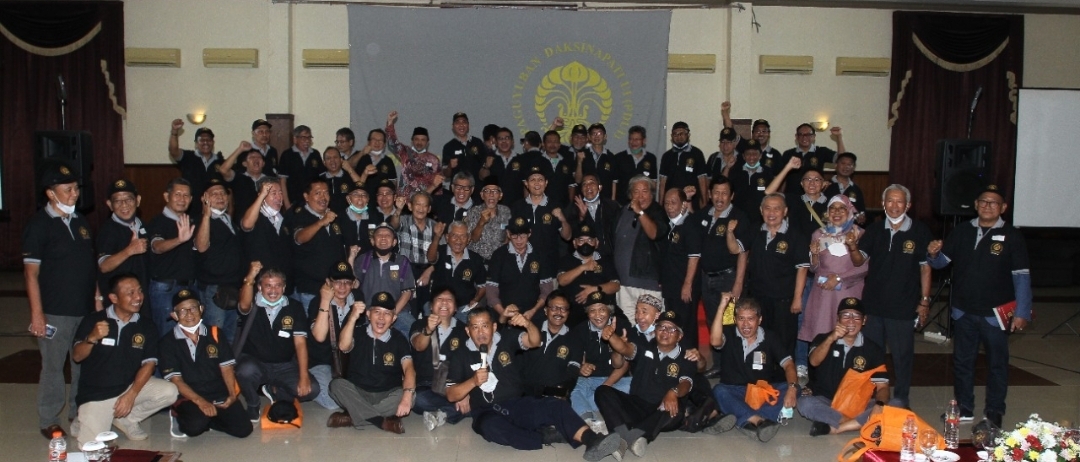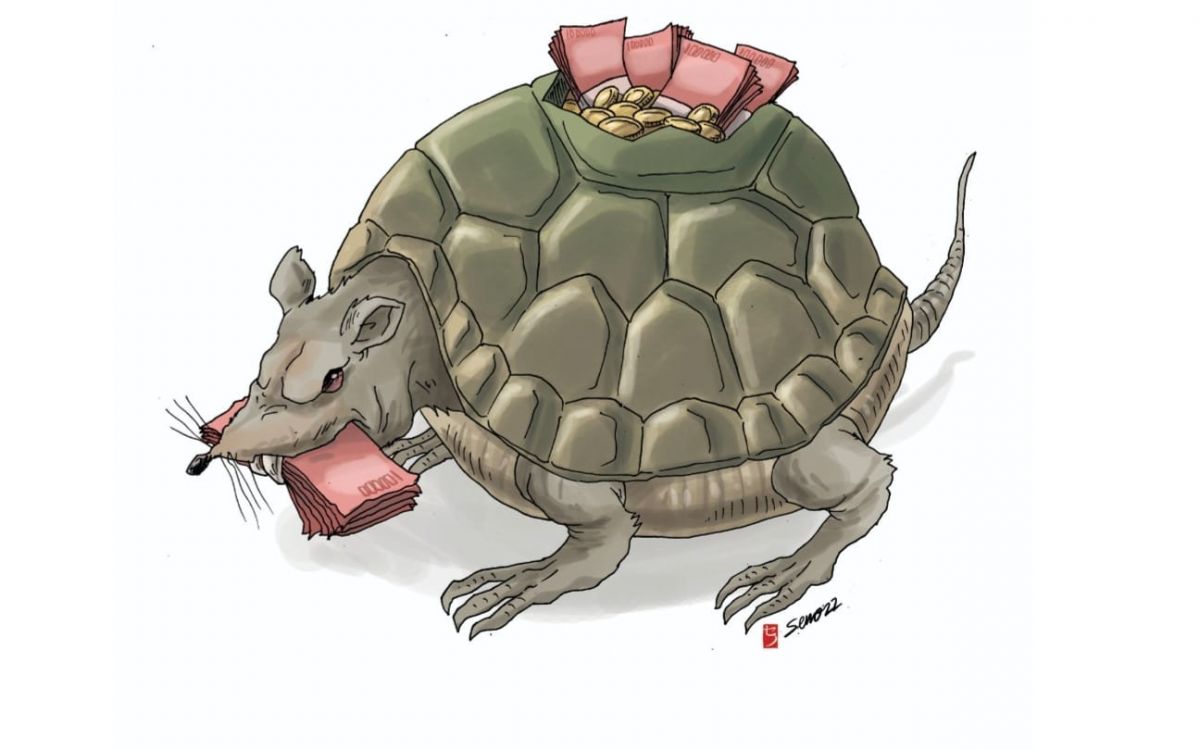
ERICK THOHIR ATTENDS “BEM UI TRILOGY”, EQUIPING STUDENTS TIPS TO FACE TO FUTURE CHALLENGES
Indonesia, said the Minister of State-Owned Enterprises (BUMN) of the Republic of Indonesia, H. Erick Thohir, B.A., M.B.A., can grow because it has four strengths, namely downstream natural resources (SDA), food security, creative economy, and digital economy. Through downstream and industrialization, natural resources are not only distributed in the form of raw materials, but are first processed into various derivative products. Natural resource downstreaming can encourage Indonesia’s sustainable economic growth and become part of the global supply chain.
Indonesia has the potential to develop nickel and bauxite derivative products. Based on data from the Ministry of Energy and Mineral Resources (ESDM), Indonesia controls 52% of the world’s nickel reserves. Potential nickel derivative products that can be developed include steel products, batteries, aircraft turbines, and automotive. Meanwhile, for bauxite, Indonesia has the 6th largest reserves in the world or around 1.2 billion tons which can be developed into materials, industrial equipment, sports equipment, and furniture.
This was conveyed by Erick to UI students who attended the “BEM UI Trilogy–Career Talk UI, Indonesia Financial Summit, UI Digital Talk”, Monday (28/11), at the Purnomo Prawiro Multipurpose Hall, Faculty of Social and Political Sciences (FISIP ) UI, Depok. The Rector of Universitas Indonesia, Prof. Ari Kuncoro, S.E., M.A., Ph.D., welcomed Erick Thohir, B.A., M.B.A.
According to Prof. Ari, BEM UI’s initiative to work with the Ministry of State-Owned Enterprises (BUMN) can have a big impact on the careers of UI graduates and become a concrete value for the general public. The world situation is starting to change due to the Covid-19 pandemic, accelerated use of technology, and geopolitical changes pushing universities as academic entities to produce graduates who are relevant and adaptive.

“Today we are lucky because a window to the future, to the community, was opened to us with the willingness of the Minister of BUMN, Mr. Erick Tohir, to visit the UI Depok Campus. Here the Ministry of BUMN will provide an overview of what is really happening around us. Quoting the words of Robert Lucas in 1976, in time, society will have forward looking expectations where every policy must pay attention to how society reacts. This is needed in the planning process which requires feedback, so that policy makers can make continuous improvements,” said Prof. Ari.
Erick Thohir on that occasion discussed the opportunities and challenges faced in growing the Indonesian economy, which grows by 5% every year. The momentum for economic growth is predicted to only last until 2045. This is because in 2038 the population pyramid of Indonesia begins to flip upside down. Young people who are currently under 35 years old in 2038 will have passed their productive age.
“Indonesia must have its own ecosystem or road map. Moreover, Indonesia’s middle class will be 145 million and continue to grow. This means that market opportunities are getting wider and proper management of natural resources (SDA) will grow the economy and create jobs. In this knowledge-based economy era, which is an era when economic growth is based on the ability to innovate, the most important thing is not natural resources and markets, but human resources (HR),” said Erick.
In terms of national energy security, Indonesia can utilize bioethanol produced from sugar processing as an ingredient in fuel mixtures. The potential for ethanol production can certainly reduce fuel imports. Indonesia can also develop palm oil derivative products considering that Indonesia is the largest producer of crude palm oil (CPO) in the world, namely 46 million tonnes/year. The palm oil derivative products that can be produced are cooking oil, cosmetics, mixed food ingredients, and vegetable energy.

Apart from downstreaming natural resources and energy security, the role of the tourism and creative economy sectors is also projected to continue to increase by optimizing domestic potential. Indonesia has geographic potential and cultural diversity that not all countries have. The contribution of the tourism sector to GDP is projected to continue to increase after the Covid-19 pandemic, namely from 4.3% in 2022 to 10-12% in 2032. In addition, other creative economy sub-sectors also support the Indonesian economy, such as film, culinary, fashion , and kria.
“We need to take advantage of the potential of Indonesia’s Digital Economy (EDI). Moreover, Indonesia is a country with the 6th largest number of startups in the world. Indonesia’s rapid economic growth may not be repeated twice. The young generation who are full of energy with new ideas must take this opportunity to create, innovate and go global. Be the part that makes Indonesia progress, prosper and go global,” said Erick.

In the series of events, the Chairperson of the UI Board of Trustees, Saleh Husin, S.E., M.Sc.; Vice Chancellor for Academic and Student Affairs, Prof. Dr. err. nat. Abdul Haris; Dean of FISIP UI, Prof. Dr. Drs. Semiarto Aji Purwanto, M.Sc.; and Director of Student Affairs, Dr. Badrul Munir, S.T., M.Eng. In addition to the presentation from the Minister of BUMN, the event also held a panel discussion entitled “Endless Ideas for the Future” which presented speakers from various BUMNs, including MIND ID, Indonesia Financial Group, Bank Mandiri, PT Telkom Indonesia, and PT Pertamina Power. In the discussion, it was explained the things that must be prepared by UI graduates to be able to work and develop themselves in the world of work.



